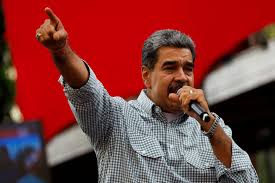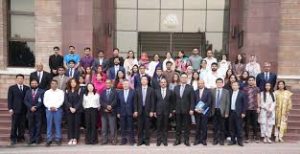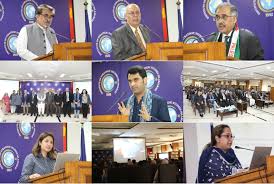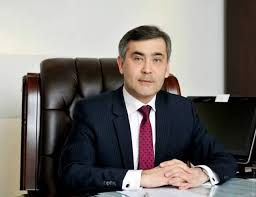EU won’t recognise Maduro’s ‘democratic legitimacy’

Madrid: European Union foreign ministers agreed on Thursday they would not recognise the “democratic legitimacy” of Venezuelan leader Nicolas Maduro following the country’s disputed election, EU foreign policy chief Josep Borrell said.
Borrell said the ministers made the decision after Venezuela’s national electoral body repeatedly failed to heed calls to provide credible data to support Maduro’s claims of victory in last month’s election.
“We cannot accept the legitimacy of Maduro as elected president,” Borrell told reporters after a meeting of foreign ministers from the EU’s 27 member countries in Brussels.
“He will remain president, de facto … But we deny democratic legitimacy based on a result that cannot be verified.”
Venezuela’s electoral council proclaimed Maduro, in power since 2013, the winner of the July 28 election but has not published complete voting tallies. The opposition has published tallies showing a landslide win for its candidate, Edmundo Gonzalez.
Gonzalez took part in the EU ministers’ meeting via video link.
Borrell acknowledged Thursday’s decision would not have any immediate practical consequences as the EU has not imposed any sanctions over the election.
But he said the move was a “strong statement” by the EU, which represents some 450 million people.
Borrell – a former Spanish foreign minister – has repeatedly urged the release of voting records, as well as the end of political persecution and dialogue between opponents, prompting Maduro to criticize him during rallies.
For months, Milton do Nascimento and his family have called this bridge in Porto Alegre home.00:0402:52
Protests since the vote have led to at least 27 deaths. Human rights group Foro Penal says some 1,780 people are being held as political prisoners, including 114 adolescents. Several opposition leaders have been detained.





